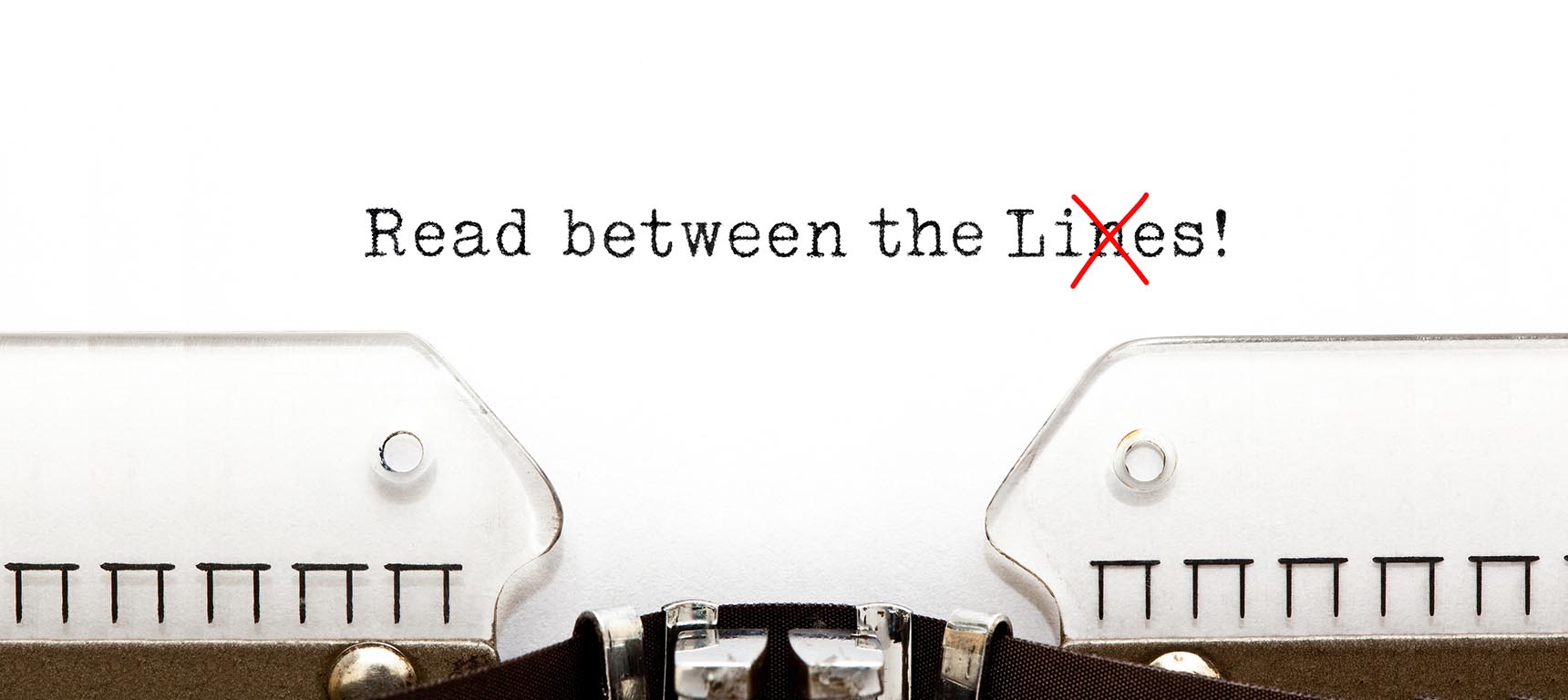
Why the facts should always get in the way of a good story
“They can have Rogan or Young. Not both.”
This was the ultimatum given by Canadian-American musician, Neil Young, to Spotify and with these words, the artist reignited the debate over Covid misinformation that has raged for as long as the pandemic has.
The global rockstar, known for hits such as Harvest Moon and Heart of Gold, has a long history of political activism, so this latest move should perhaps come as no surprise. He claimed that podcast host, Joe Rogan, was “spreading fake information about vaccines – potentially causing death to those who believe the disinformation being spread by them”. Since then, others have followed suit in solidarity, notably fellow singer-songwriter, Joni Mitchell, while the Duke and Duchess of Sussex have also informed Spotify of their “concerns” over Covid misinformation.
Joe Rogan is one of Spotify’s superstars. The streaming platform reportedly paid $100m for the rights to The Joe Rogan Experience podcast, which is apparently downloaded almost 200 million times a month. For his part, in response to the controversy, Joe Rogan has pledged to try harder to offer greater balance on his podcast, while Spotify is working to add a “content advisory” warning to any podcast discussing Covid-19, which will direct listeners to a resource hub with facts together with information from experts.
Whether any more big-name acts follow suit and what the long-term damage to Spotify’s reputation will be remains to be seen, but what this latest high-profile spat has done is draw attention, once again, to the very real issue of misinformation that has engulfed both the virus and the vaccine since they emerged.
From early 2020, just as the number of covid cases proliferated – so did the level of ‘fake news’, permeating every mobile device and computer screen across the country. And just as access to accurate, trustworthy and reliable sources of news became so critical, so the false claims about Covid-19 and the vaccine circulated, leaving some confused, not knowing who or what to believe.
The World Health Organisation (WHO) branded this an infodemic, which they define as “an overabundance of information — some accurate, some not — that spreads alongside a disease outbreak.” And they make no bones about it – this can kill. The WHO believes infodemics are the perfect breeding ground for uncertainty, feeding scepticism and distrust, leading to fear, anxiety and the rejection of proven public health measures. The tragic end of this chain is the loss of life.
Research suggests, for example, that early on in the pandemic nearly 6,000 people worldwide ended up in hospital and at least 800 people died on account of coronavirus misinformation, which was suggesting that drinking highly concentrated alcohol could kill the virus.[i]
Obviously governments, public health bodies, the media and social media platforms all have a responsibility to either communicate the facts and/or remove inaccurate health information. Facebook, for example, in conjunction with the WHO launched a campaign called ‘Together Against Covid-19 Misinformation’, providing tips for people on how to spot fake news. In spite of this initiative, the social media giant, together with Instagram, was still called out by NewsGuard – an organisation that monitors online misinformation – for failing to protect its users from Covid-19 and vaccine misinformation.
Stemming the proliferation of fake news in an environment of fear and uncertainty is not straightforward, and we all have our part to play, too. It’s all too easy to see a headline grabbing ‘fact’ and press share without thinking, spreading false information to hundreds of our followers who, in turn, do the same.
But just as we have a responsibility to slow the spread of the virus through taking simple public health precautions – whether that’s social distancing, wearing a mask or hand washing – so we have a responsibility to make sure we don’t spread false news by checking the source, looking behind the headlines, doing some digging on the author or carrying out some additional fact checking.
Rock legend though he is, in comparison to Rogan’s streaming popularity, Neil Young is a minnow. But he has succeeded in blowing open a debate that has brought this important issue to the forefront once again. And that can only be a good thing.
[i] https://www.ajtmh.org/view/journals/tpmd/103/4/article-p1621.xml
This article was written by our chief executive, Angharad Neagle, and featured in the Western Mail on 7 February 2022
